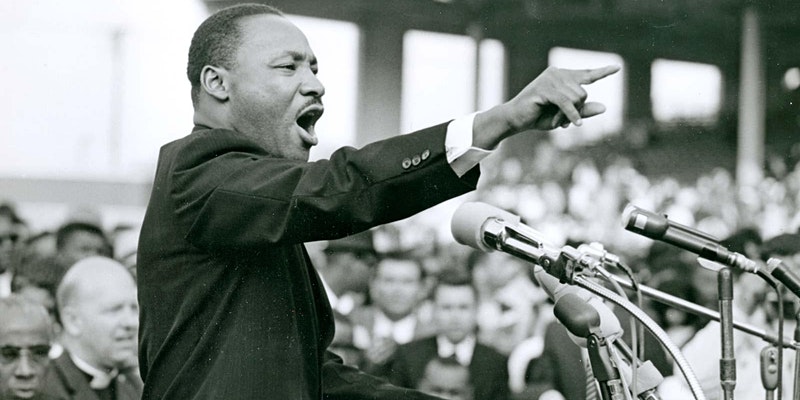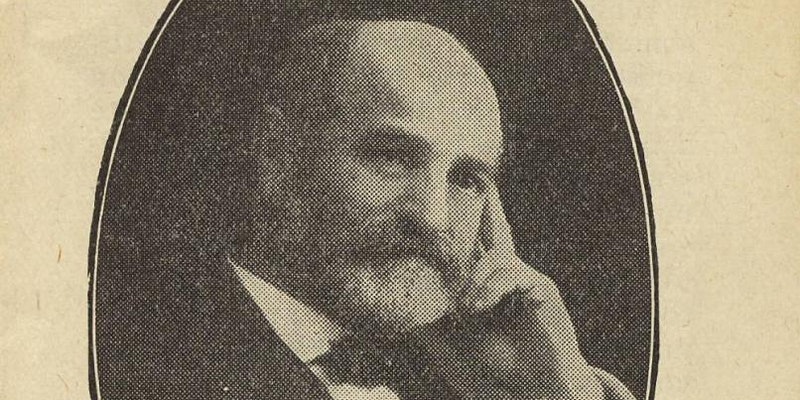Aviation Deregulation – Who’s Benefiting?
Seminar

Aviation Deregulation – Who’s Benefiting?
Seminar

Deregulation is a public policy concept that appears to support Adam Smith’s invisible hand metaphor, advising against government meddling in the free exchange of information, planning, cooperation, and production of commodities and services. However, Smith recognized the need for secure contracts and other police protections (regulations), fundamental to any social enterprise. In this seminar, Dr. Marty Rowland addresses the following question – What was the consumer’s experience prior to and after the deregulation wave in the aviation industry? Did this popular philosophy bear out its promises, or was deception part of the package all along?
Instructor: Dr. Marty Rowland
Date: Thursday August 13th, 2020
Time: 6:30PM – 8:00PM

Sweden’s “lighter touch” approach to the Covid-19 surprised the World, not only by its uniqueness but also by its effectiveness. While many factors may be at play here, Sweden’s response to the public health crisis and its immediate economic consequences raise the question as to whether socially responsible capitalism is the best “societal” antidote against pandemics.
In this interactive seminar, Michael Bucher explores the institutions and governance structures that not only enabled but shaped Sweden’s management of the COVID 19 health crisis.
Instructor: Michael Bucher
Date: Monday, August 10th, 2020
Time: 6:30PM – 8:00PM

The economies of post-socialist Eastern Europe and Former Soviet Union (EE/FSU) rarely appear on today’s economic monitors. In the general media, we usually hear about them in a political context and in the business media only from a perspective of investment’ risk assessment. Yet, these economies are dynamic, vibrant, and in many ways have gained significantly since the 1990s liberalization reforms. Still, many of the structural problems, such as limited job growth, lacking industrial diversification, outward migration, remoteness from the major foreign investment and trade routes, persist today as a characteristic mix of external and internal determining factors. The COVID-19 crisis of this year has added another layer of social and economic pressures. In this lecture Dr. Aleksandr Gevorkyan will review some of the main aspects shaping the sustainable development prospects across smaller EE/FSU economies and discuss some of the possible policy directions.
About the speaker
Dr. Aleksandr V. Gevorkyan is Henry George Chair in Economics and Associate Professor of Economics at the Department of Economics and Finance of the Peter J. Tobin College of Business at St. John’s University in New York City. He is a Senior Research Fellow at the Vincentian Centre for Church and Society, a Research Fellow at the Center for Global Business Stewardship. He is a Board Member at the Armenian Economic Association and at the Henry George School of Social Science. Dr. Gevorkyan also serves as ad-hoc Economics Subject Matter Expert for the Permanent Observer Mission of the Holy See To the United Nations.
Dr. Gevorkyan is the author of Transition Economies: Transformation, Development, and Society in Eastern Europe and the Former Soviet Union (Routledge, 2018). He is also a co-editor (with Otaviano Canuto) of Financial Deepening and Post-Crisis Development in Emerging Markets (Palgrave MacMillan in 2016). He is also the author of Innovative Fiscal Policy and Economic Development in Transition Economies (Routledge, 2013 in paperback; 2011 in hardcover).
Date: Thursday, July 23, 2020
Time: 6:30 PM – 8:00 PM ED

In this lecture on the principles of political economy embraced by Martin Luther King, Jr., Edward Dodson examines Henry George’s influences on King’s views regarding the causes of income and wealth inequality existing in the United States and other societies. King came to understand that other systemic factors beyond racism had to be addressed before anything approaching equality of opportunity could be achieved.
Date: Thursday, July 16, 2020
Time: 6:30 PM – 8:00 PM EDT

This seminar will introduce the life story and achievements of Joseph Fels. Son of Bavarian immigrants to the United States, Fels built a successful business manufacturing soap products in Philadelphia. In mid-life, he developed a strong passion for economic justice and joined Henry George in his crusade against inequality through the Single Tax. Join us to learn about the contributions to humanity made by this remarkable man.
Instructor: Edward J. Dodson
Date: Thursday June 25, 2020
Time: 6:30 PM – 8:00 PM
